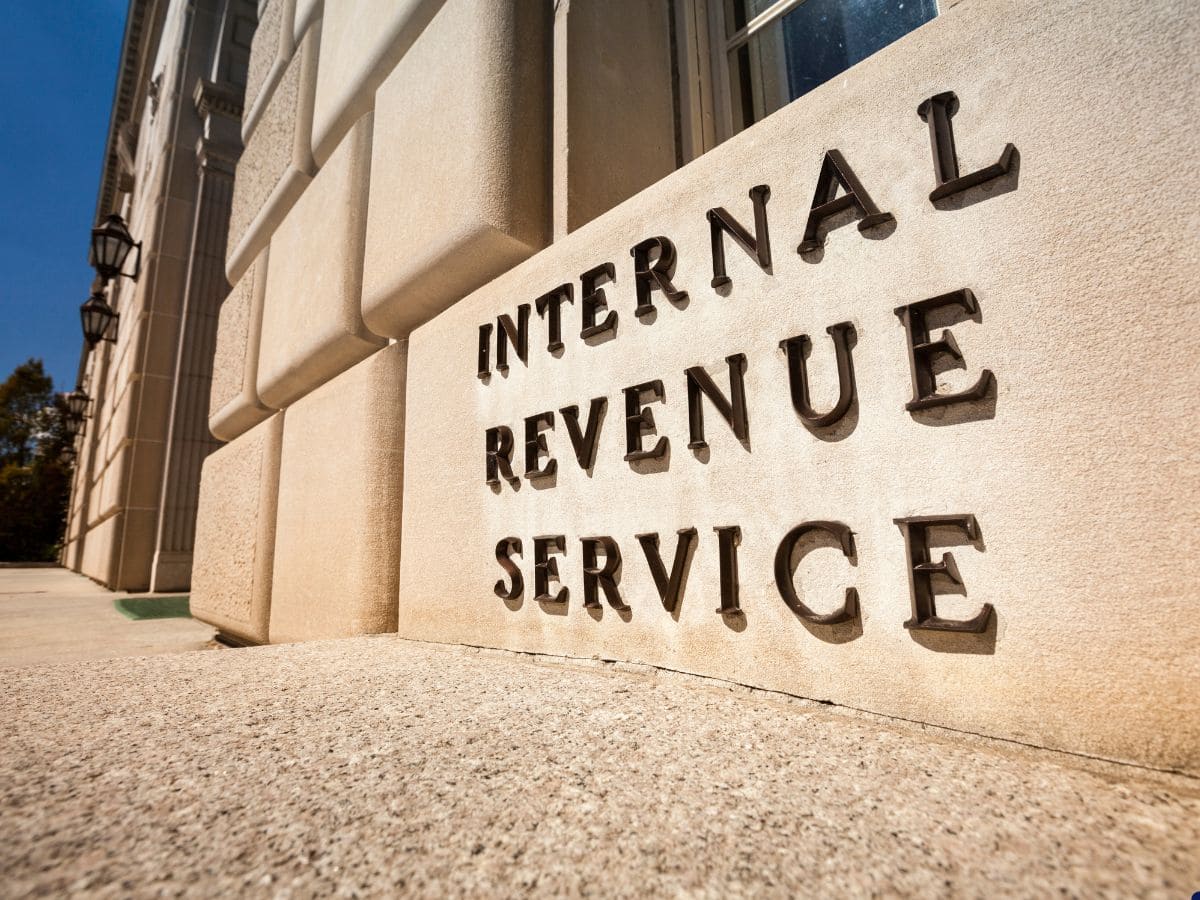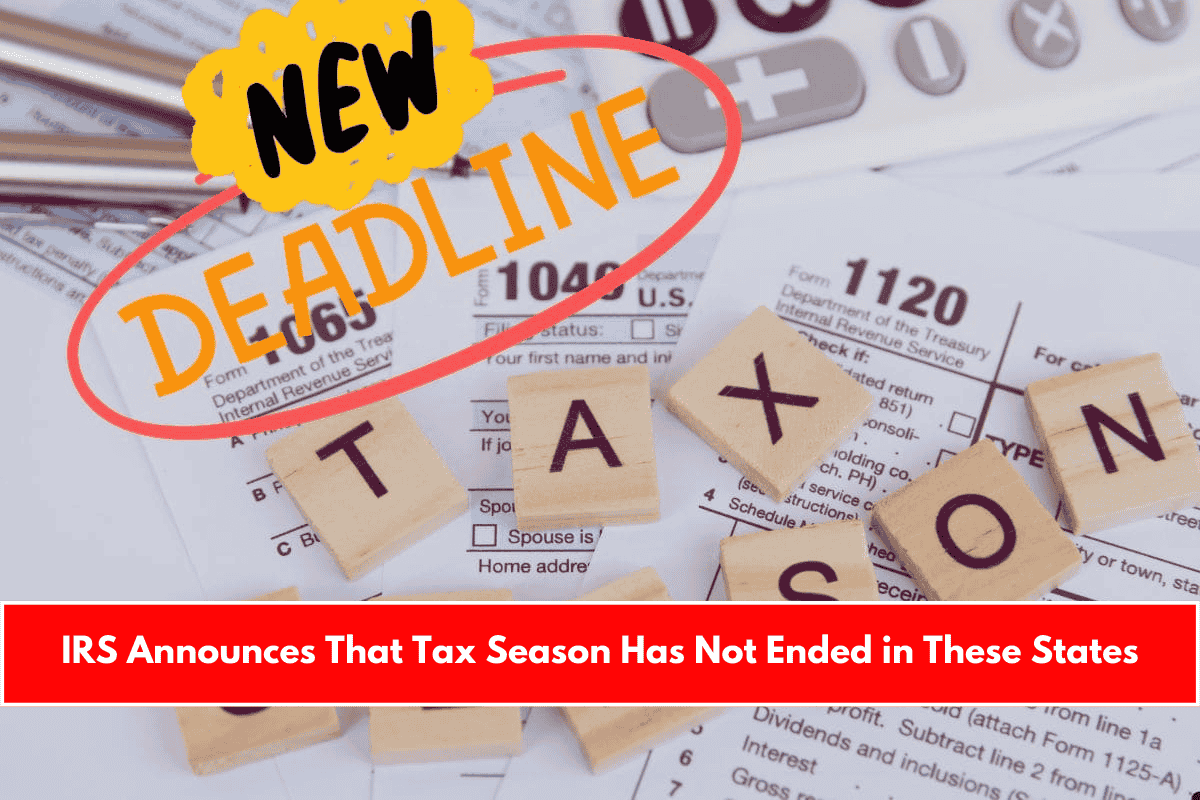Tax season in the United States is usually a busy and stressful time for millions of people. But this year, residents of some states will have more time to file their taxes. The Internal Revenue Service (IRS) has announced automatic extensions for people affected by recent natural disasters.
These extensions mean that those who suffered because of storms, floods, wildfires, or other severe weather events can file their taxes later without facing penalties. This extra time gives families and individuals a chance to recover before dealing with tax paperwork.
Let’s find out which states are included and what steps taxpayers need to take.
Which States Have a Tax Extension in 2025?
People living in the following 12 states will get extra time to file their taxes:
- California
- Connecticut
- Florida
- Hawaii
- Indiana
- Maine
- Michigan
- Rhode Island
- Tennessee
- Vermont
- Virginia
- West Virginia
Each of these states faced different disasters — from storms and tornadoes to floods and wildfires. Because of this, the IRS decided to offer special tax relief.
However, the new deadlines are different depending on the type of disaster and when the federal government declared an emergency. That’s why it’s important for taxpayers to check the IRS’s official disaster relief page for the exact deadline that applies to them.

What Taxpayers in These States Should Do
If you live in one of the states listed above, you don’t need to do anything special to get this tax extension. The IRS will automatically identify eligible taxpayers by using their ZIP codes or official disaster records.
Still, if you happen to receive a penalty notice for late filing or late payment, but you think you qualify for the extension, you should contact the IRS directly. They can correct the mistake and remove the penalty.
Special Deductions for Property Loss
Taxpayers who experienced property damage or financial loss during a disaster may also claim special tax deductions. These deductions can be taken either:
- On the tax return for the year when the disaster happened, or
- On the return for the year before the disaster (whichever benefits you more).
Taking advantage of these deductions can help ease the financial burden that natural disasters often cause.











Leave a Reply